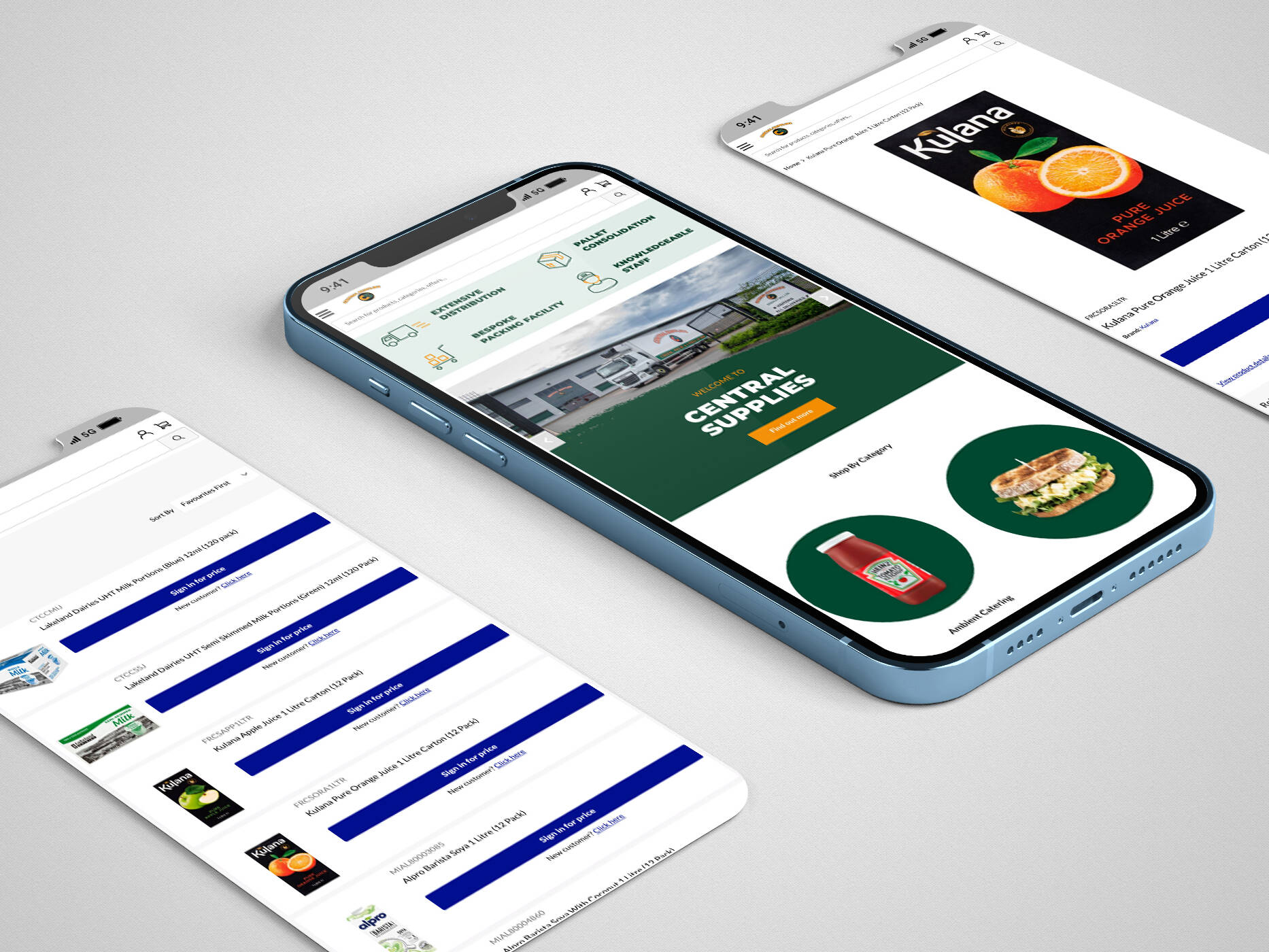With our purchasing habits more digitally oriented, whether it be as customer or business owner, an awareness of online data security is crucial. Recent rules changes now means SSL certificates for eCommerce websites are an absolute must, is your site ready?
What is an SSL certificate and how can it sooth our ‘hacker anxiety’?
- A security protocol that encrypts sensitive and personal information, (for example bank details) during online transactions in order to maintain secure connections and protect customer data.
- This type of encoding allows exclusively authorised parties to access sensitive information, working effectively as a digital ‘handshake’ between two machines, company website and customer browser.
How can you spot if a site has a SSL Certificate?
It’s pretty easy to spot a website that has a SSL Certificate, signified by either lock symbol, the browser bar turning green or the secure site symbol. Whether you see one, or all three depends upon the level of SSL security the website has:

Whereas those websites that are not basking in SSL glory are obviously distinguishable:

How does SSL benefit business owners?
As a web owner a SSL Certificate provides your business with a level of authenticity. It also gives customers a sense of purchasing security and more likely that their online experience will result in a quick and successful sale. SSL Certificates can be tailored to a business’s requirements with ‘Fast Issuance’, ‘SSL for Business’ and ‘Highest Trust Certificates’ on offer, it’s all about finding the right fit!
How is SSL changing?
Alongside the obvious benefits, starting early this year SSL certificates have become mandatory. Google’s gradual plan comes in three stages, and is a move towards eradicating or indeed labelling all non-HTTP sites as ‘not secure’:
- Google Chrome will begin by marking sites HTTP sites that transmit passwords or request card details as ‘not secure’
- Subsequently, HTTP sites being used in incognito mode will also incur a ‘not secure’ status
- Later, all HTTP sites labelled as ‘not secure’ will be displayed with a red triangle.
What are the impacts of being ‘not secure’?
Such a label could deter customers from placing an order, where they feel unable to trust your website or even your brand – so it’s pretty important to be SSL certified if you don’t want to be shunned by increasingly savvy online shoppers!
Already companies are being rewarded for being SSL approved by SEO boosts so why not give your website the same love? If you’d like any further information don’t hesitate to get in touch.
Get in touch
We know commerce, let us help you improve customer experience, increase conversion rates, and make that digital change.
- hello@iweb.co.uk

















